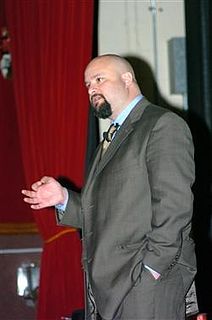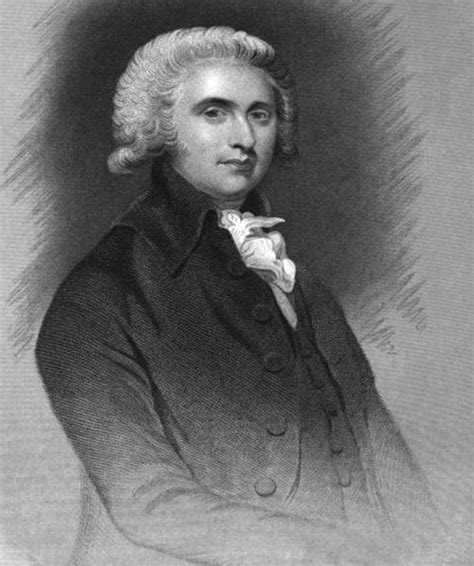A Quote by C. S. Lewis
The New Testament does not envisage solitary religion; regular assembly for worship is everywhere in the epistles.
Related Quotes
One does not structure the church to meet the felt needs and desires of the tares. The purpose of corporate assembly, which has its roots in the Old Testament, is for the people of God to come together corporately to offer their sacrifices of praise and worship to God. So the first rule of worship is that it be designed for believers to worship God in a way that pleases God.
Whoever thou art, whatever in other respects thy life may be, my friend, by ceasing to take part (if ordinarily thou doest) in the public worship of God, as it now is (with the claim that it is the Christianity of the New Testament), thou hast constantly one guilt the less, and that a great one: thou dost not take part in treating God as a fool by calling that the Christianity of the New Testament which is not the Christianity of the New Testament.
It seems to me impossible for a civilized man to love or worship, or respect the God of the Old Testament. A really civilized man, a really civilized woman, must hold such a God in abhorrence and contempt... In the New Testament, death is not the end, but the beginning of punishment that has no end. In the New Testament the malice of God is infinite and the hunger of his revenge eternal... This frightful dogma, this infinite lie, made me the implacable enemy of Christianity. The truth is that this belief in eternal pain has been the real persecutor.
One key and defining attribute of God that does not appear in any other world religion or system is the biblical use of the term "Father." Over 70 times in the New Testament alone, God is described as "Father" to His children. No major world religion describes the relationship between its creator and its adherents in terms of a father.
To worship God 'in spirit and in truth' is first and foremost a way of saying that we must worship God by means of Christ. In him the reality has dawned and the shadows are being swept away (Hebrews 8:13). Christian worship is new covenant worship; it is gospel-inspired worship; it is Christ-centered worship; it is cross-focused worship.
As a social and as a personal force, religion has become a dependent variable. It does not originate; it reacts. It does not denounce; it adapts. It does not set forth new models of conduct and sensibility; it imitates. Its rhetoric is without deep appeal; the worship it organizes is without piety. It has become less a revitalization of the spirit in permanent tension with the world than a respectable distraction from the sourness of life.





































